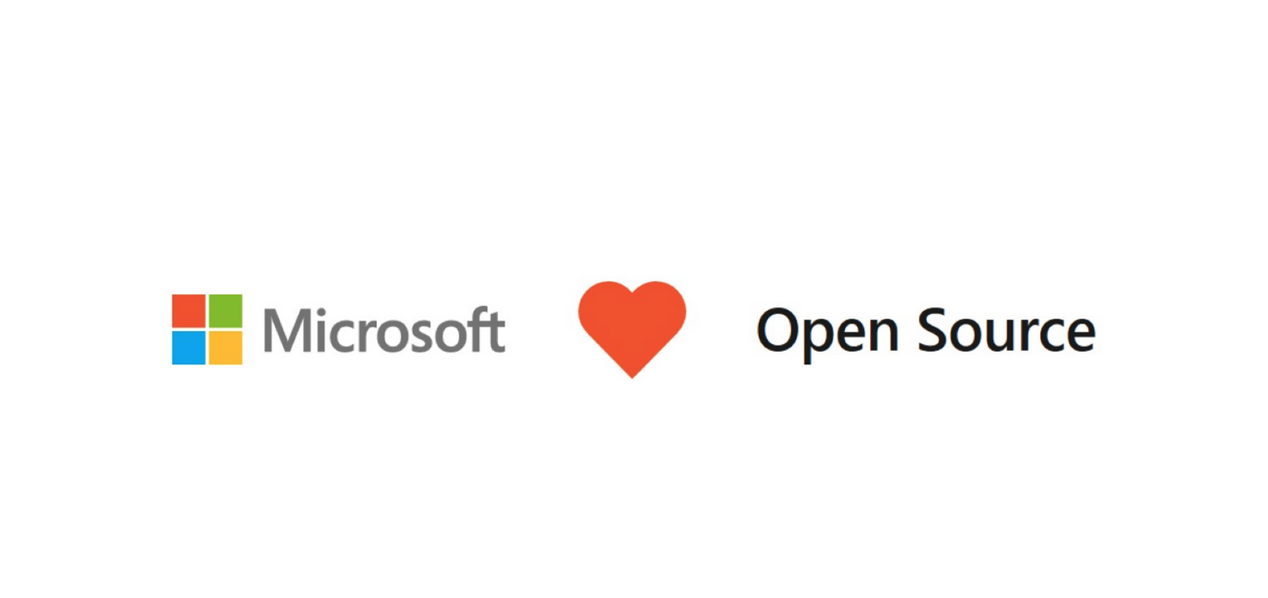
Microsoft’s acquisition of GitHub could go one of two ways. On one hand, it’s great that Microsoft is investing heavily in open source. Until now, its business model has relied on siloed ‘walled gardens’, which has created one of the biggest barriers to a truly federated internet. But this acquisition could change things. Since becoming CEO in 2014, Satya Nadella has formed a number of partnerships with Linux and has steered Microsoft towards a more “open” direction - recently partnering with Red Hat to enable OpenShift to run on Azure, or the acquisition of Xamarin from my friend Nat Friedman, this latest news is yet another sign that Microsoft is becoming more and more receptive towards open source. By acquiring this capability, it’s not unreasonable to suggest that Microsoft will become an open source company eventually.
On the other hand, Microsoft was essentially at war with open source just twenty and ten years ago - with former CEO Steve Ballmer claiming that Linux violated 235 of its patents and continually referring to Linux as “cancer”. It doesn’t surprise me that GitHub users are currently uneasy with this acquisition, and flocking en masse to rival platform GitLab. After all, the world’s largest open source repository is now following in the footsteps of Nokia and Skype, which have both become infinitely less popular and innovative since being acquired by Microsoft.
One could also say that the bad feelings people have about the acquisition of GitHub by Microsoft is based on the fact that GitHub is actually closed source software. If it wasn't, people would have a choice to move to another provider without much hassle.
Lastly, Microsoft seems to be competing with everyone on GitHub, which doesn't ease the pain it creates with the acquisition. Microsoft has a history of being a very bad partner. Supposedly, this acquisition is part of a Microsoft’s growing focus on open source - but, it also enables the company to kill GitHub if Microsoft’s business model or CEO change in future.




-png-2.png)